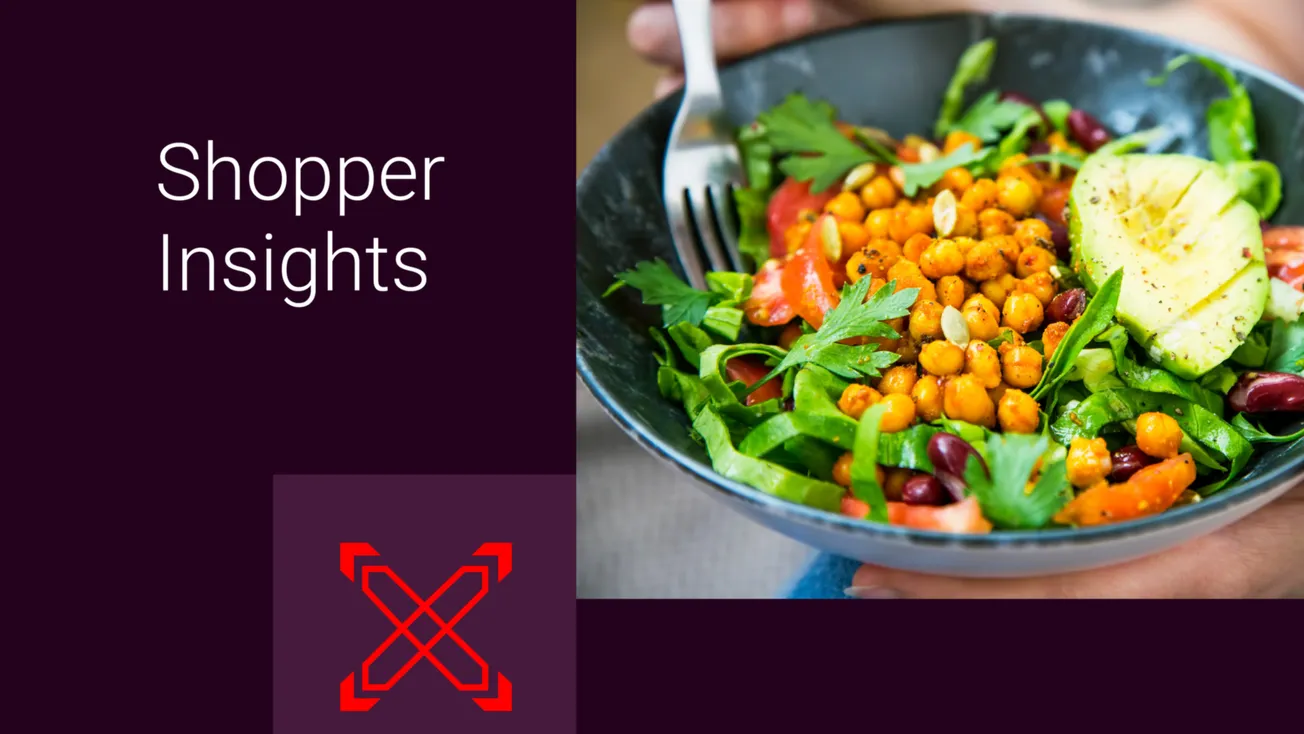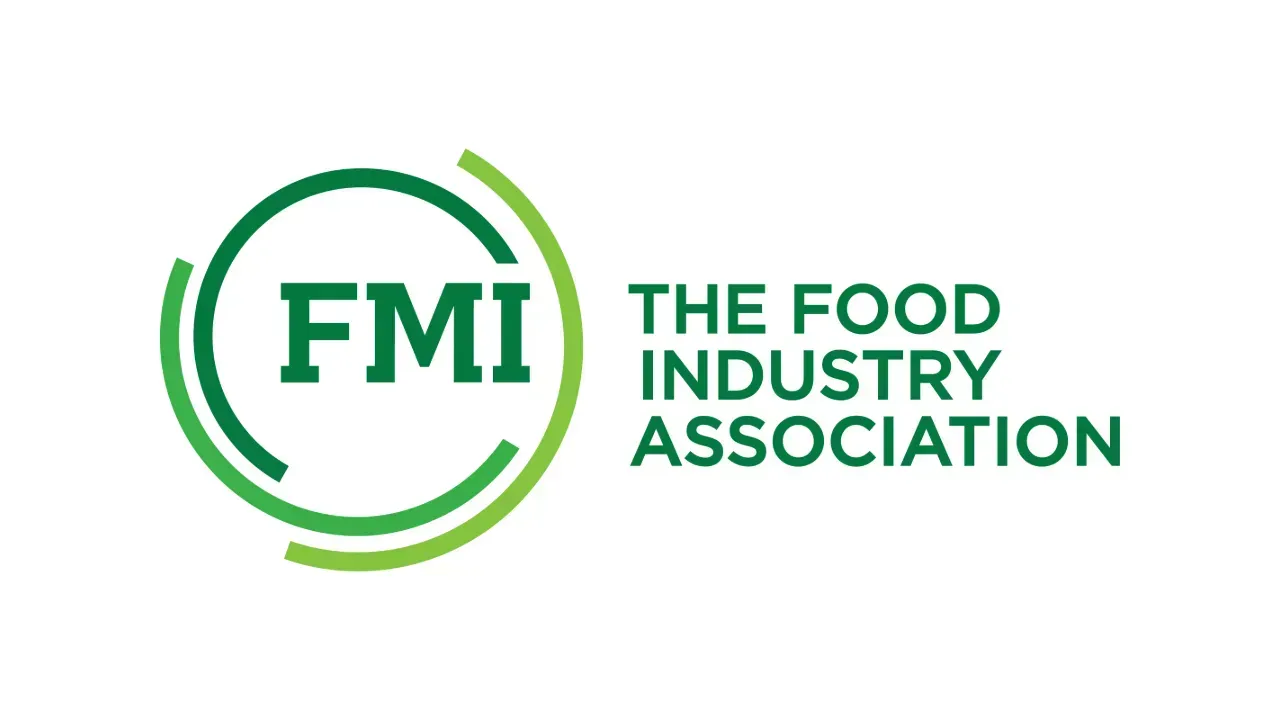JACKSONVILLE, Fla. – As consumer interest in health-conscious choices continues to rise, natural and organic products are proving to be key growth drivers across retail channels. According to a recent Acosta Group study, 75% of shoppers purchased at least one natural or organic product in the past six months, and 59% believe it’s vital that their groceries and household products meet these criteria.
“Our natural and organic shopper study reflects opportunities for brands and retailers to build increased shopper trust, loyalty, and sales,” said Kathy Risch, SVP, Thought Leadership and Shopper Insights, Acosta Group. “Three key learnings include the growing role of natural and organic products for consumers, especially related to health, the value of product placement in the natural channel, and the need for education on the definition and benefits of natural and organic products.”
Acosta Group’s 2025 consumer predictions emphasize that shoppers are taking control of their health and wellness, a trend that is driving sales of natural and organic products.
- 58% of shoppers purchase natural and organic products because they perceive them as healthier and containing fewer synthetic additives.
- 89% of Gen Z and 85% of Millennials reported purchasing natural or organic items in the past six months.
- Sales for natural and organic products are projected to grow 5% annually, reaching $348 billion by 2028.
Despite this growth, conventional grocery shopping has remained stable, with natural and organic shoppers still purchasing a mix of both product types.
The study underscores the importance of natural store placement in shaping consumer perception:
- 53% of natural channel shoppers say seeing a brand in a natural store boosts their perception of it.
- 82% believe natural stores offer the best selection, 71% say the quality is superior, and 66% trust the expertise of store associates.
- Natural and organic shoppers tend to explore various retail channels, including farmers markets, online stores, and convenience stores.
“The natural and organic shopper is now considered mainstream,” said Andrew Fleming, SVP, Impact Natural, a division of Acosta sales agency offering deep expertise in natural and organic brands and retailers. “To drive expanded sales for brands and retailers, we need to highlight the specific health benefits of natural and organic products, paying special attention to Millennials and households with children.”
“Emerging and established brands benefit from natural channel distribution, which elevates brand perception and trust,” said Fleming. “Distribution across other retail channels ensures that all natural and organic shopper needs are met.”
The study also highlights continued consumer confusion over the definitions of "natural" and "organic":
- 40% of shoppers believe the terms are interchangeable or are unsure of the difference.
- 18% of conventional shoppers avoid natural and organic products due to lack of understanding.
- 72% cite affordability as a primary barrier to purchase.
“This is the time for natural and organic brands and retailers to build direct connections with consumers, informing them of the facts and benefits of the products, dispelling misperceptions, and driving trial and loyalty,” said John Carroll, President, Digital Commerce and Advanced Analytics, Acosta Group.
“We know from our studies that transparency is highly important to health-conscious consumers who no longer trust brand marketing messaging they believe is healthwashed,” said Carroll. “Shoppers are turning to digital tools and online communities to gather product information.”
With natural and organic products now considered mainstream, brands and retailers can engage health-conscious consumers by highlighting key benefits, ensuring strong placement, and addressing educational gaps in the market.










